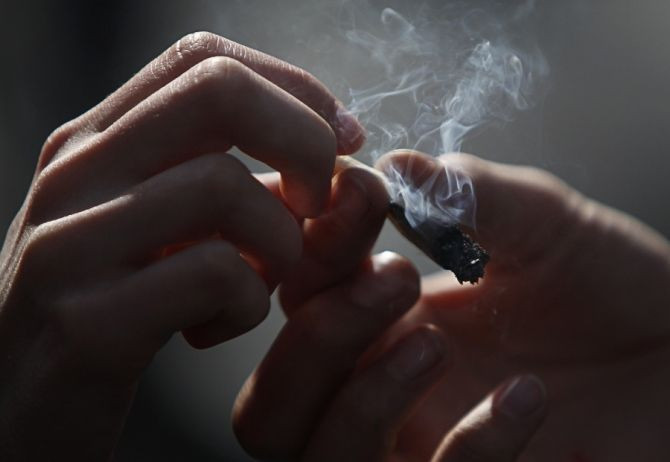Study: Balance of Power Determines Psychotic Effects of Marijuana

According to a new study, the psychotic effects of marijuana hang in the balance between two of the plant’s key compounds – THC and cannabidiol.
Researchers used functional MRI images to discover how THC and cannabidiol affect regional brain function. The study’s participants were 15 men who were occasional marijuana users. Each were asked to complete a visual task of pressing buttons according to the direction arrows on a screen, testing their perception of their surroundings while under the influence of either compound or placebo.
Researchers led by Sagnik Bhattacharyya, M.B.B.S., M.D., Ph.D, at the Institute of Psychiatry, King's College in London found that while THC increased the severity of psychotic symptoms, cannabidiol had the opposite effect, enhancing test response.
"Collectively, these observations suggest that THC may increase the aberrant attribution of salience and induce psychotic symptoms through its effects on the striatum and lateral prefrontal cortex," Bhattacharyya concluded. "Cannabidiol may also influence the effect of cannabis use on salience processing – and hence psychotic symptoms – by having an opposite effect.”
The study is published in the January issue of Archives of General Psychiatry.
Published by Medicaldaily.com



























